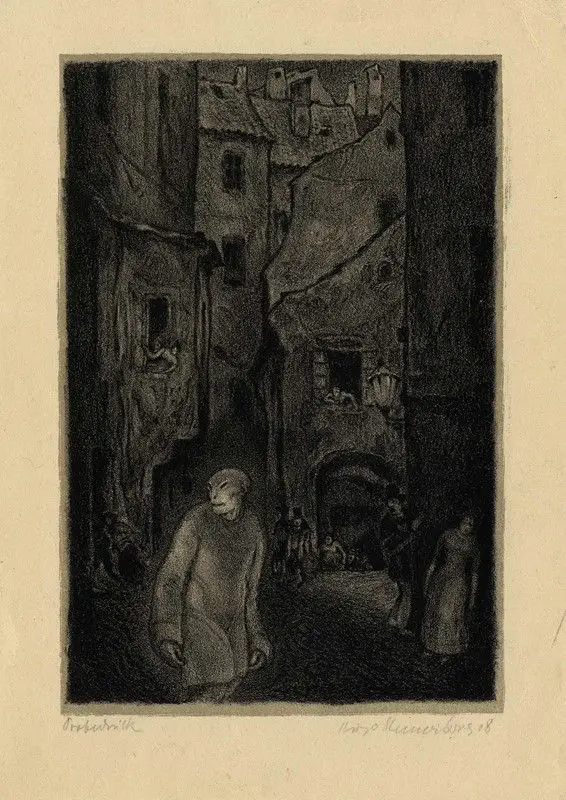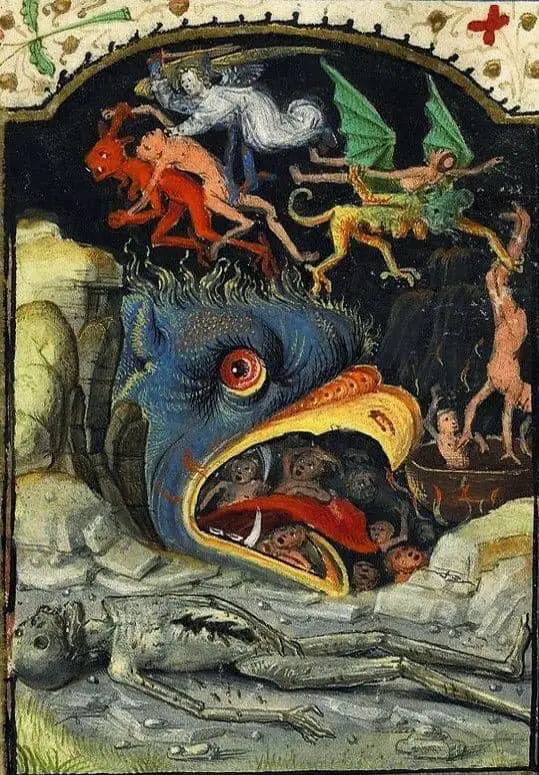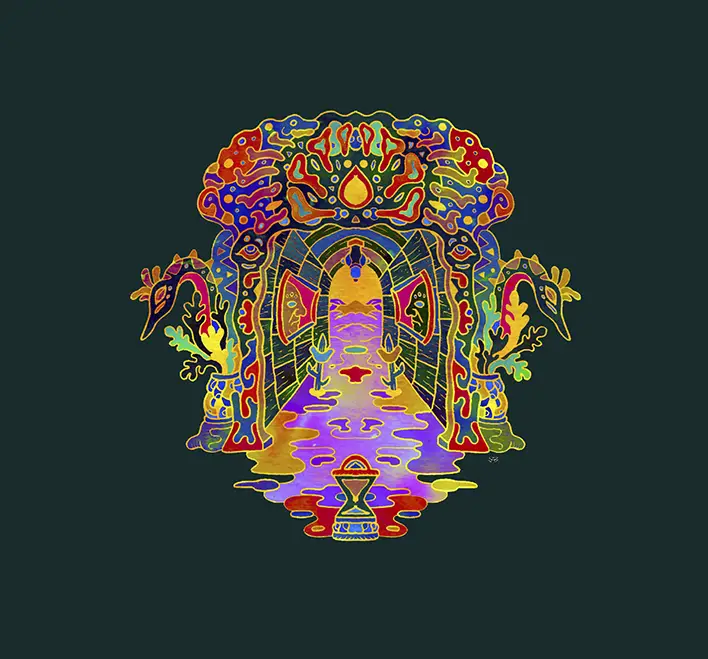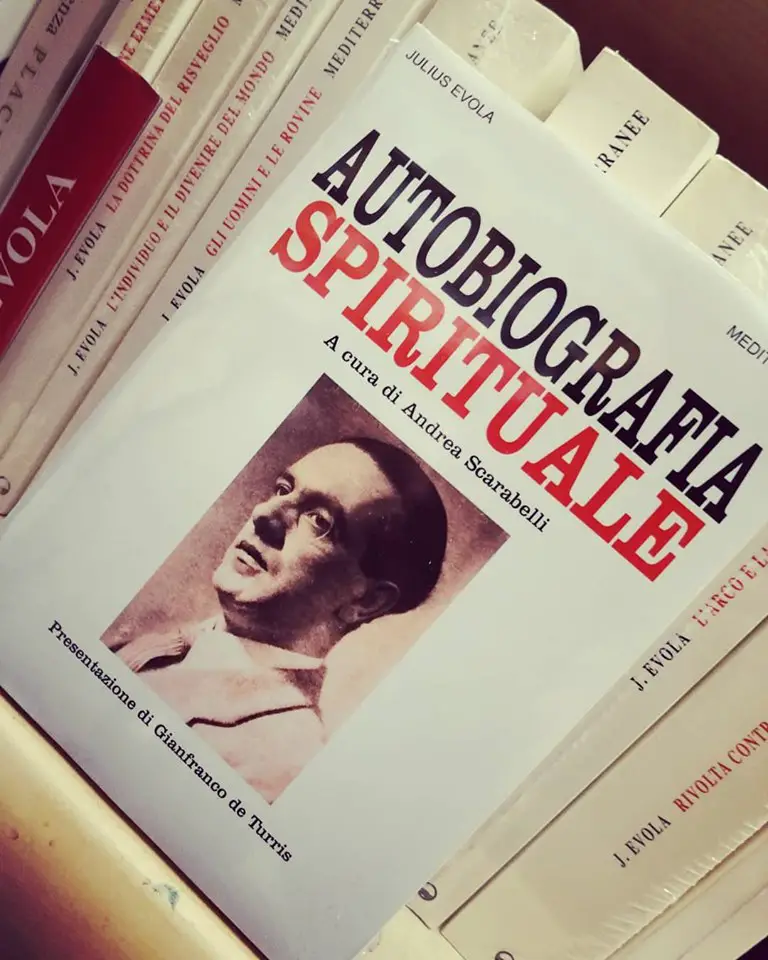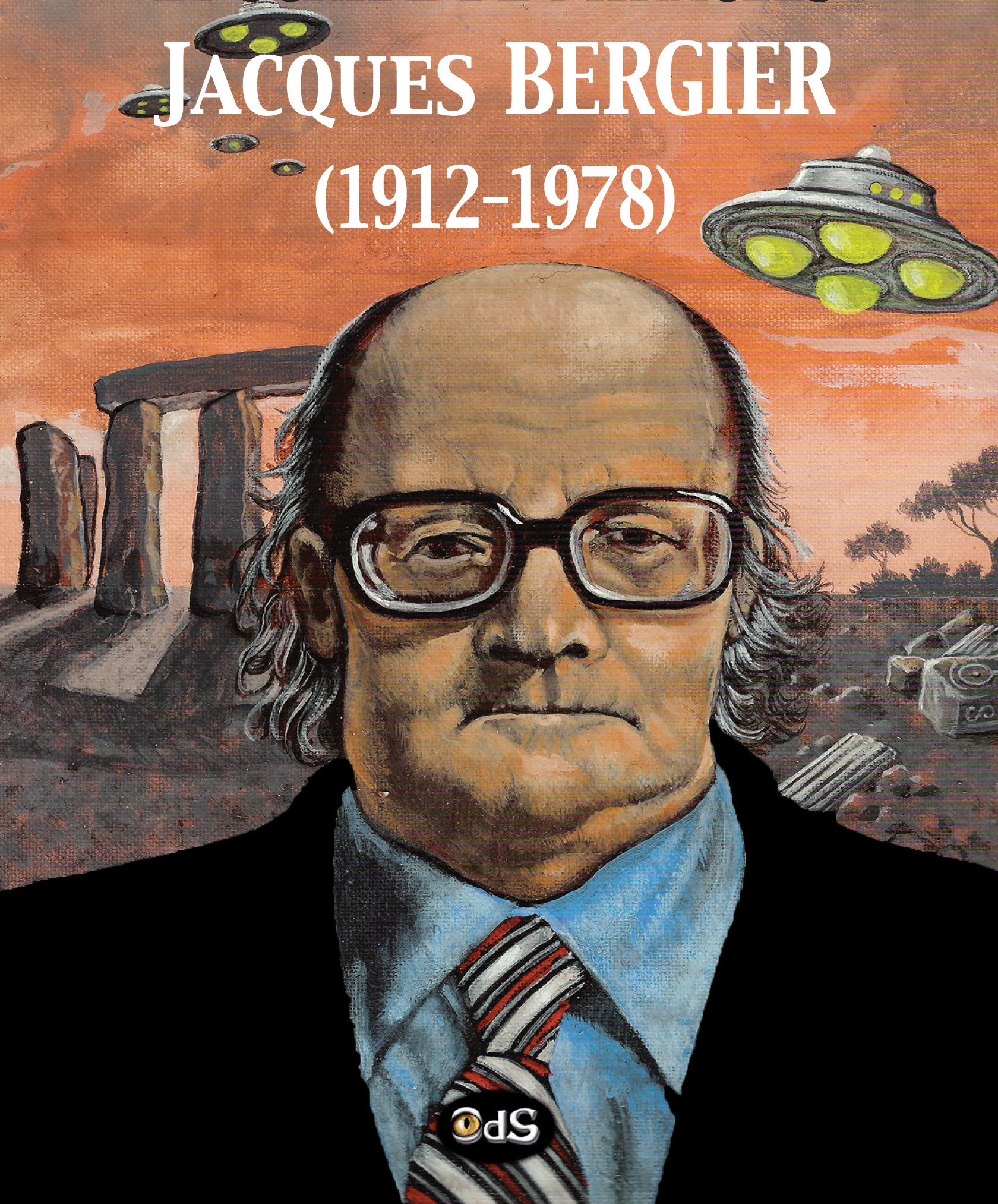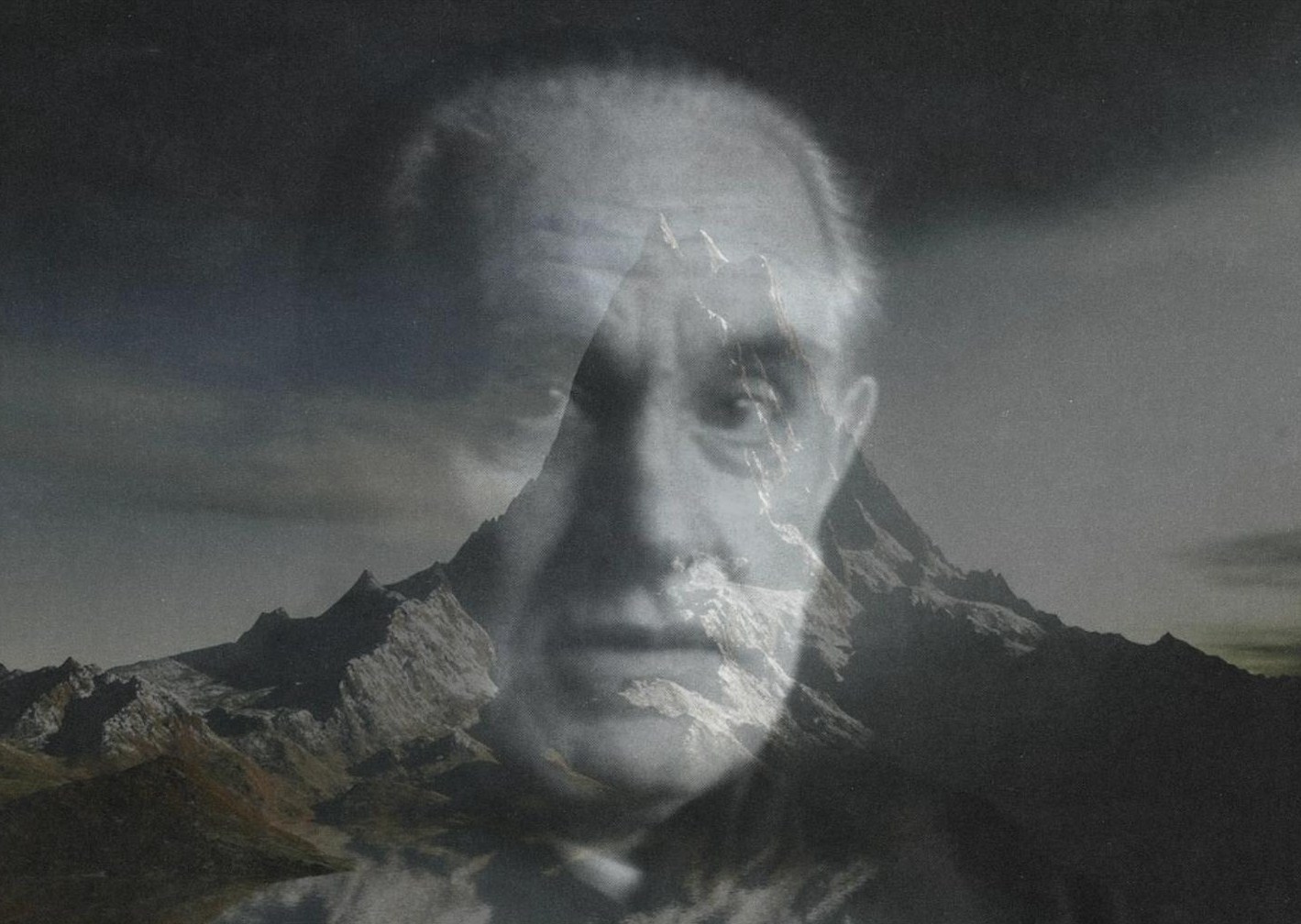Tag: Andrea Scarabelli
“Beyond the Real”, or of the literary dignity of the Fantastic
Fantastic literature is still barely regarded by too many as paraliterature; "Beyond the Real", the new volume published by GOG edizioni helps us to affirm the opposite, analyzing the work of five of the most important authors of the genre from the end of the XNUMXth century to today: Lovecraft, Machen, Meyrink, Tolkien and Ashton Smith.
“Beyond the Real”: for a Metaphysics of the Fantastic
That of narration was born as a profoundly sacred practice: in narrating and narrating the world, man continually recreates and re-establishes it, since “he no longer lives in a purely physical universe, but in a symbolic universe. Language, myth, art and religion are part of this universe, they are the threads that make up the symbolic fabric, the tangled web of human experience ". The narration thus soon becomes the key to the innumerable doors of the Mystery, to a relationship between different yet authentically real dimensions.
Spiritual autobiography
The transcription of two long interviews released in 1969 and 1971, as well as three articles published in "Ur", integrate and complete the autobiographical picture of Julius Evola, which the Roman philosopher had already exhibited in his 1963 work "The path of cinnabar". In the texts collected here, Evola ranges with great ease from youthful readings to mathematics studies, from futurism to Dadaism, from his relations with Guénon to small portraits of famous people with whom he was in friendly relations, such as Marinetti and Ezra Pound.
Jacques Bergier and "Magic Realism": a new paradigm for the atomic age
Recently translated into Italian by the types of Il Palindromo, "In praise of the Fantastic" by the French writer and journalist Jacques Bergier, best known for having written with Louis Pauwels "The morning of the wizards", provides an analysis of the work of some "magic writers" at the time unknown to the French-speaking public (including Tolkien, Machen and Stanislav Lem), aimed at defining a new paradigm for the XNUMXst century that can combine science and science fiction with the ontological category of the "sacred".
Interview with Giuseppe Lippi: "The fantastic is the exception, not the rule"
Following the recent death of Giuseppe Lippi, which took place on Saturday 15 December, we want to share this interview released a few years ago to Andrea Scarabelli for the Antarès magazine, focused on the work of HP Lovecraft and on the role and importance of the Imaginary of the Fantastic in today's world. Our heartfelt thanks go to Lippi for everything he has done.
The lonely path of cinnabar
"Misunderstood by friends and enemies, he fought alone against the modern world": this obituary to Julius Evola highlights the 'Promethean-Luciferian' daimon that accompanied him throughout his entire earthly journey, making him a unique thinker in the panorama of ' 900, as clearly emerges from his most autobiographical work, "The journey of the cinnabar", recently reprinted by Edizioni Mediterranee.
Gustav Meyrink at the frontiers of the occult
The collection of Meyrinkian essays just published by Edizioni Arktos allows us to outline a portrait of the Austrian novelist, in which the biographical and the literary aspects are configured as two sides of the same coin.

